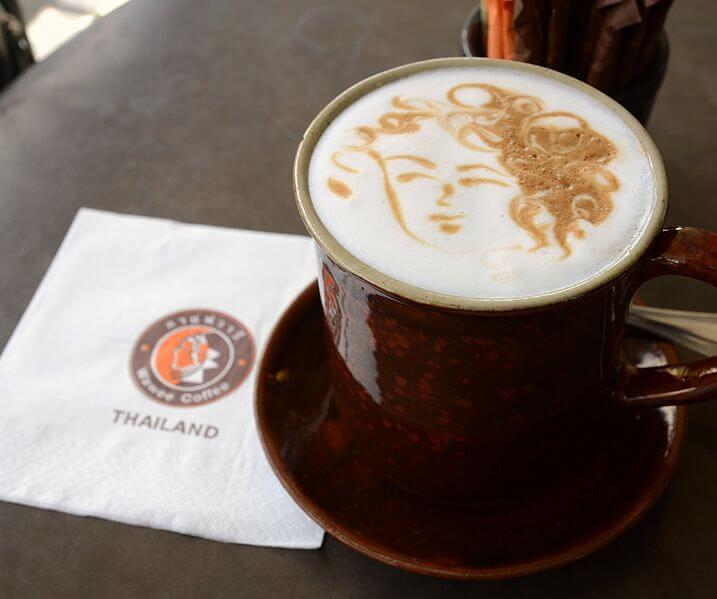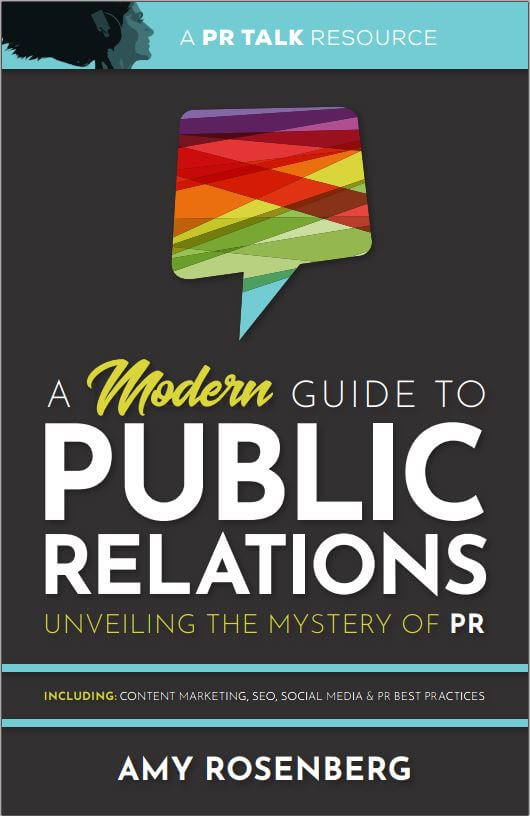If you read the blog post about how we decided to change the company name to Veracity, you might have noticed that I’m a bit of a Hemingway freak. In the post I mentioned that I would explore how themes of luck and discipline, which are consistently used in his memoire “A Moveable Feast,” relate to the making of a marketing business.
Basically I just liked what he said about how the two related to writing and I was trying to cram it into the original post and it wasn’t working. I had to focus on the point I was trying to make, which was that the message about true and honest writing was important and related to us and was how the name Veracity emerged.
 I came up with the name Veracity in a café of sorts in our neighborhood, close to our home and work, where I must have been having good luck. Which is fitting because Hemingway often notes that he found luck at various times throughout his work day—especially while writing at certain Parisian cafes.
I came up with the name Veracity in a café of sorts in our neighborhood, close to our home and work, where I must have been having good luck. Which is fitting because Hemingway often notes that he found luck at various times throughout his work day—especially while writing at certain Parisian cafes.
Beyond superstitious luck, like how he carried a rabbit’s foot in his pocket while working, he writes mostly about the luck that we have all tried to experience while working at coffee shops. This luck is all about flow. The music is at the right volume, the neighbors are not noisy, the chairs are comfortable and the coffee is good—you are able to work well without distraction.
But unfortunately it doesn’t always go this way. Hemingway comically recounts what distractions can do to creatives on page 91:
Some days it went so well that you could make the country so that you could walk into it through the timber to come out into the clearing and work up onto the high ground and see the hills beyond the arm of the lake….[the paragraph goes on to set the scene of what he’s writing about].
Then you would hear someone say, ‘Hi Hem. What are you trying to do? Write in a café?’
Your luck had run out and you shut the notebook. This was the worst thing that could happen. If you could keep your temper it would be better but I was not good at keeping mine then and said, ‘You rotten son of a bitch what are you doing in here…?’
I’m sure we have all too often experienced this, but hopefully we were more polite. When we serendipitously bypass the distracting coffee shop to settle in at a quiet café, is it pure luck? Or if we happen to take off our headphones just in time to overhear the coffee shop owner talking of needing someone to market her expansion, is that pure luck?
Of course not. We walked into the coffee shop already prepared. Consider how Hemingway’s themes of discipline come into play in the second chapter.
When I had worked well, and that needed luck as well as discipline, [it] was a wonderful feeling and I was free to walk anywhere in Paris.
I always worked until I had something done and I always stopped when I knew what was going to happen next. That way I could be sure of going on the next day.
Attempting to get a marketing company off the ground is definitely not the same as writing masterpieces, but I just love how he described his major artistic endeavors like just another day at work. He worked hard at it, just as we all should work hard at our jobs, and we can learn from his example.
This last quote of Hemingway’s, said to his wife after a successful stint at the race track, just about sums up how a mixture of good luck and steadfast tenacity can come into play in all of our professional lives, whether you are a writer, NBA player or launching a marketing company.
‘You said we were lucky today. Of course we were. But we had very good advice and information.” (pg. 56)
![]() Images used under this Creative Commons License.
Images used under this Creative Commons License.









